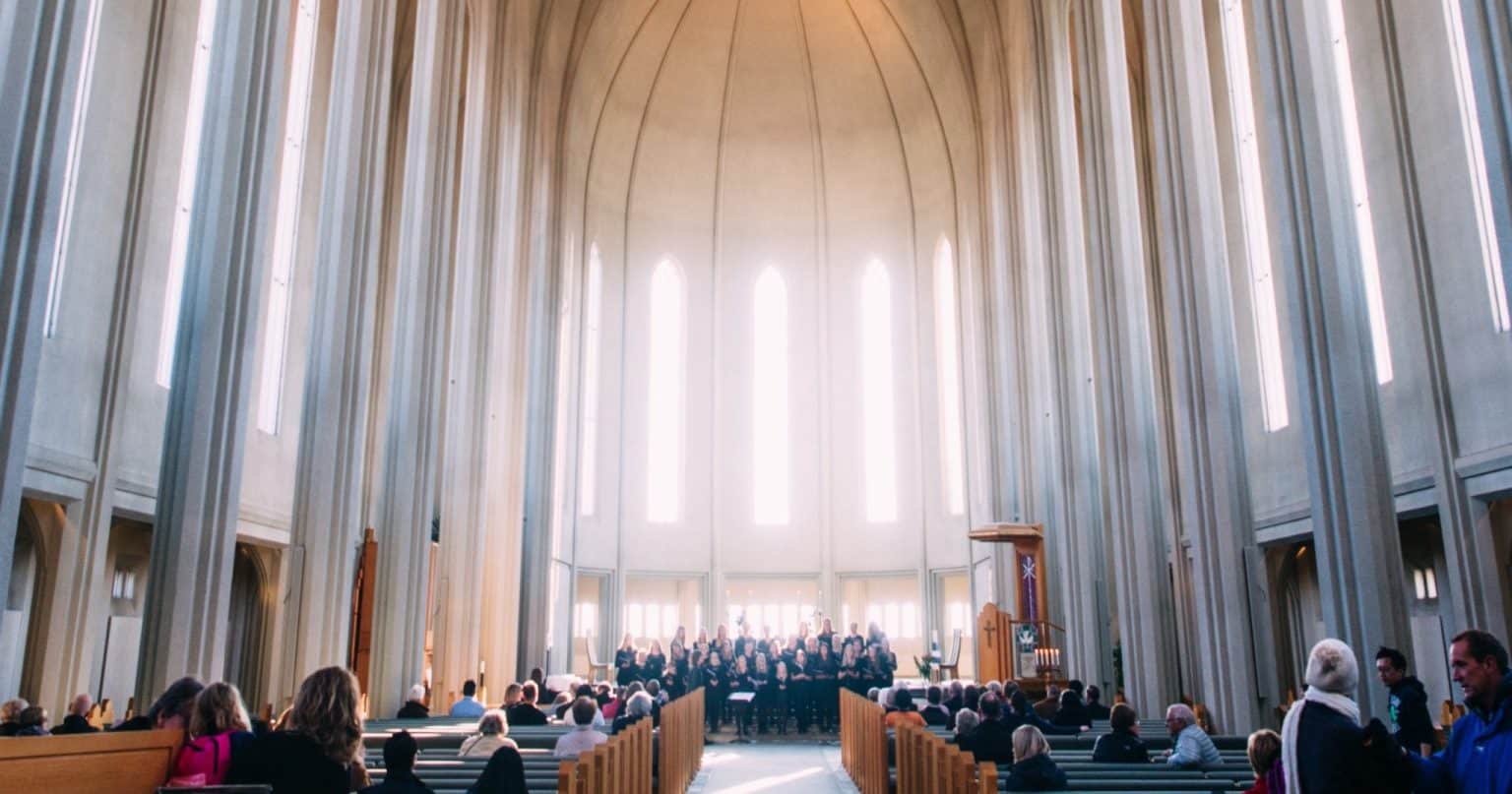Most of my Christian life I’ve had a love hate relationship with the church. Easy to love when Jesus slipped the engagement ring on my finger and I believed the church, his body on earth, would love me in every way my human family failed to love me. As the innocence of spiritual infancy faded into reality, my prayer time turned into complain time. “Jesus, Why are your pastors so hateful?”
There are reasons I found hateful ministers in the church. According to the Bible some are weeds planted by the devil destined to be uprooted by God himself. Most can be attributed to the spiritually immature with legitimate callings to ministry operating by their clock instead of God’s. Spiritual growth is slow. The Bible warns us about the consequences of putting novices in places of authority.
For a long time, my zeal for God convinced me “they” had flaws but I was exempt. If Olympic medals were awarded for lack of compassion, I would have easily taken home the gold. Not that I was devoid of all compassion. Drug addicts, prostitutes, drunkards and any other souls caught in obvious sins were gently loved into the kingdom. Pastors were held to godlike status of sinless perfection. They were not allowed to have flaws. The truth is pastors are susceptible to temptation and sin. Their sins blind them to the pain they inflict on the church. Our sins blind us to the pain we inflict on pastors.
Jesus has a solution for dealing with the sinners in the church. In fact, he did more than tell us what to do. He set an example for us to follow in the life of Saul. New Testament Saul, not the Old Testament King. Saul believed in the same God that the Christians believed in, but not in their method of worshipping God. Especially their clinging to a trouble maker from Galilee.
Saul had convinced himself he knew what God wanted. He had sat at the feet of Gamaliel, one of the most respected teachers of his day. Being a son of a Pharisee indicated generations of family devotion to God. His father circumcised him as a sign of their covenant with God. Saul could trace his ancestry to the tribe of Benjamin. His heritage excluded him from being a priest qualified to serve in the temple, so he did the next best thing. He became a Pharisee faultless in keeping the law. His burning zeal for God drove him to confront anyone who dared pollute his religion.
Saul qualified as a doer of the word, not a hearer only. There was one problem. He had embraced the traditions his ancestors developed that made the worship of God vain. He loved the image of God painted by brushes labeled man made rules. Saul, the Pharisee, truly believed he worshiped the one true God who created the universe when he was really worshipping an idol fashioned by the vanity of human thought.
Being a good Pharisee, he obtained authority from the high priest to cleanse the synagogues in Damascus. Enter Jesus, the one suffering at the hands of Saul. A light from heaven flashed. Saul fell to the ground and heard, “Saul, Saul, why do you persecute me?” Saul did not have a clue who the voice belonged to, so Jesus spoke with a little more clarity. “I am Jesus, who you are persecuting.”
Jesus treatment of Saul set the example for the way we should treat sinners wreaking havoc in the church. He gave Saul more than opportunity to repent. He redirected the zeal Saul already possessed for the things of God into the truth and made him a preacher of the gospel he sought to destroy. Saul’s ministry flourished in Damascus until the Jews plotted to kill him. Barnabas spoke on his behalf before the apostles at Jerusalem and Saul’s ministry flourished again. Until the Jews sought to kill him again. The church decided he should return to his home in Tarsus for his own safety. Ten years later, Barnabas invited a spiritually mature Saul to a Gentile church in Antioch, which launched his ministry to the Gentiles, a new name, Paul, for the new man he had become and thirteen books of the New Testament.
Jesus and Barnabas salvaged the life of a man who thought religious practices made him a good man. Decades later, Saul, now called Paul, reflected on his life in his first letter to Timothy calling himself the worst of sinners. Today, the worst of sinners is defined as the homosexual, adulterer, drug addict, or drunkard. We think those people who stay home on Sunday morning are the sinners and they are. But the worst sinners are probably sitting on the pew next to us, or standing behind pulpits preaching to us.
These sinners in the church that create pain in our lives are not a lost cause any more than Saul who became the Apostle Paul. We should follow Jesus example in dealing with them. Be merciful. They are acting in ignorance of the truth. We must be patient until Jesus breaks through the darkness blinding them, because he came into the world to save sinners. (1 Timothy 1:12-17)
Teena Myers is the Vice Chairman of the Southern Christian Writers Guild.
- The Church Should be Doing More for Sexual Assault Survivors - August 1, 2017
- How to Witness at Work (And Not Be Weird) - July 26, 2017
- 5 Confessions Every Pastor’s Wife Wishes You Knew - July 25, 2017

